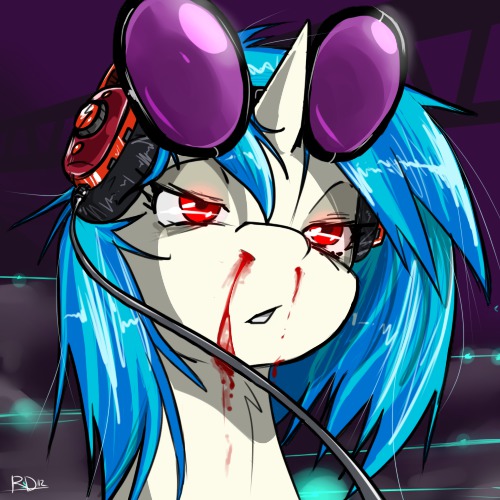That reminds me…
In circa 1995 I was running a dial upBBS service – as a teenager. So if course, it was full of bootlegged video games and such, and people would dial in, download a game, log off.
Someone uploaded Descent or something like that. But they had put "deltree /y C:" or similar into a batch file, used a BAT2COM converter program, then a COM2EXE program, then padded the file size to approximately the right size with random crap (probably just using APPEND)… And uploaded it. Well, fortunately for the rest of my users, I say the game and said: oh, that’s neat, I should try it and copied it to another computer over my internal network and launched it. It started deleting files right away and I hit CTRL-C to abort. I lost only a few dozen files.
Banned the user, deleted the package. Got lucky.
Reminds me of old bumblebee install script:
An extra space at line 351: rm -rf /usr /lib/nvidia-current/xorg/xorgA theme is software and software has bugs. While this one had a pretty dramatic effect, you take basically the same risk with every program you run. This, along with hardware and user errors are why backups are so important; they change a disaster to an inconvenience.
/ Preach mode off
That’s what good backups are for.
I image all my PCs daily with Veeam, bootable media is on my Ventoy USB stick, and restoring is easy as you just boot up the restore media and it pulls the latest backup over the network.
rm -rf ${var}/is a disaster waiting to happen.Always do
rm -rf "${var:?}/"so that the script aborts if the variable is empty. Or better yetrm -rf "./${var:?}/".Edited to add quotes. Always quote a path: it might have spaces in it, without quotes that will become multiple paths! Which would also have avoided the particular bug in question.
In this case the issue was that a change between kde5 and kde6 let to the variable being defined as
somepath /(notice the space).And that’s why you also surround it with double quotes.
Is there not also a way to disallow empty variables in the script, I think it is
set -u? Then you don’t have to keep thinking “should I add a:?here because if empty it may lead to disaster” all the time. Might be even safer.set -euo pipefailat the top of every script makes stuff a lot safer. Explanation here.
The theme contained rm -rf, but claims it wasn’t malicious intent…I assume rm -rf for cleanup, but seems like it should have a apecific path other than /
The command was rm -rf $pathvariable
Bug in the code caused the path to be root. Wasn’t explicitly malicious
Don’t most distros have safeguards against this? I tried
sudo rm -rf /in an Ubuntu VM that I was about to delete just to see what happened, and it gave me a warning. I had to add some other option to bypass the warning.Yes,
rm -rf --allow-unsafeOr something is required
--no-preserve-root








